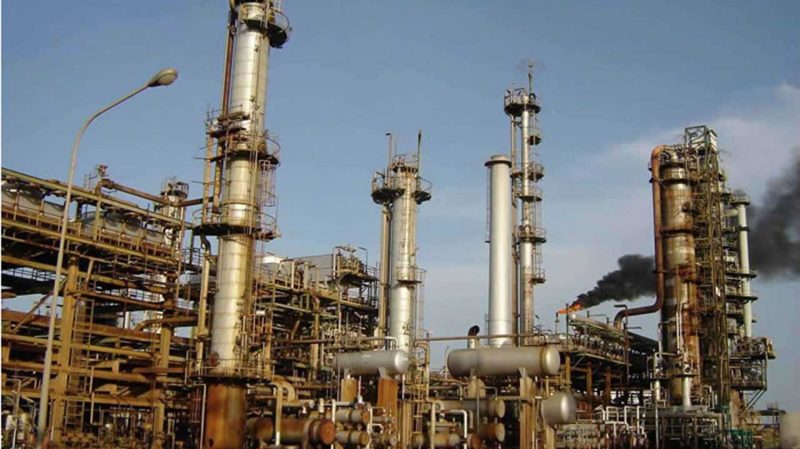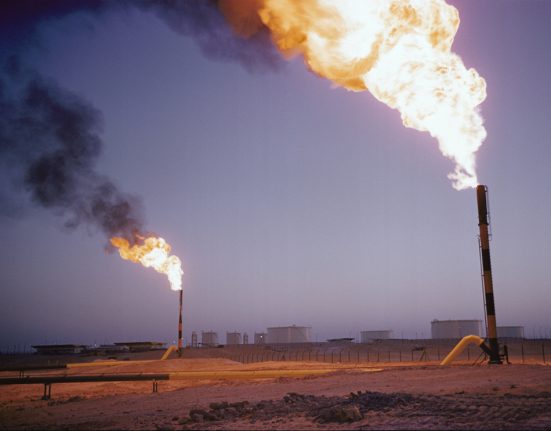An analysis conducted by energy consultancy Wood Mackenzie revealed that more than a fifth of global oil refining capacity is at risk of closure due to weakening gasoline margins and mounting pressure to reduce carbon emissions.
According to Reuters, out of the 465 refining assets analyzed, approximately 21% of global refining capacity in 2023 is deemed at some risk of closure.
Europe and China are identified as housing the largest number of high-risk sites, accounting for about 3.9 million barrels per day (bpd) of refining capacity at jeopardy, Wood Mackenzie found, based on its estimate of net cash margins, cost of carbon emissions, ownership, environmental investment and strategic value of refineries.
The report highlights that Europe hosts 11 sites representing 45% of all high-risk plants, with nearly 90 refineries still operational despite around 30 closures since 2009. Competition from newer plants in the Middle East and Asia, coupled with the impact of the COVID-19 pandemic, has contributed to this trend.
Gasoline margins are anticipated to decline by the end of the decade due to decreasing demand and potential easing of sanctions on Russia.
Additionally, expected carbon taxes could further exacerbate operating costs, potentially leading to closures as the only viable option.
Wood Mackenzie’s senior oils and chemicals analyst, Emma Fox, emphasized that operating costs could escalate to the extent that closure becomes inevitable.
Meanwhile, Nigeria’s Dangote oil refinery, boasting a capacity of up to 650,000 bpd, commenced production in January.
This development could potentially disrupt the decades-long gasoline trade from Europe to Africa, valued at $17 billion annually, adding pressure on European refineries already facing heightened competition.
It’s worth noting that the seven high-risk sites in China primarily consist of small-scale independent refineries, colloquially known as ‘teapots’.
These refineries face stricter government regulations and compete with larger, state-owned integrated sites, further complicating the landscape.









